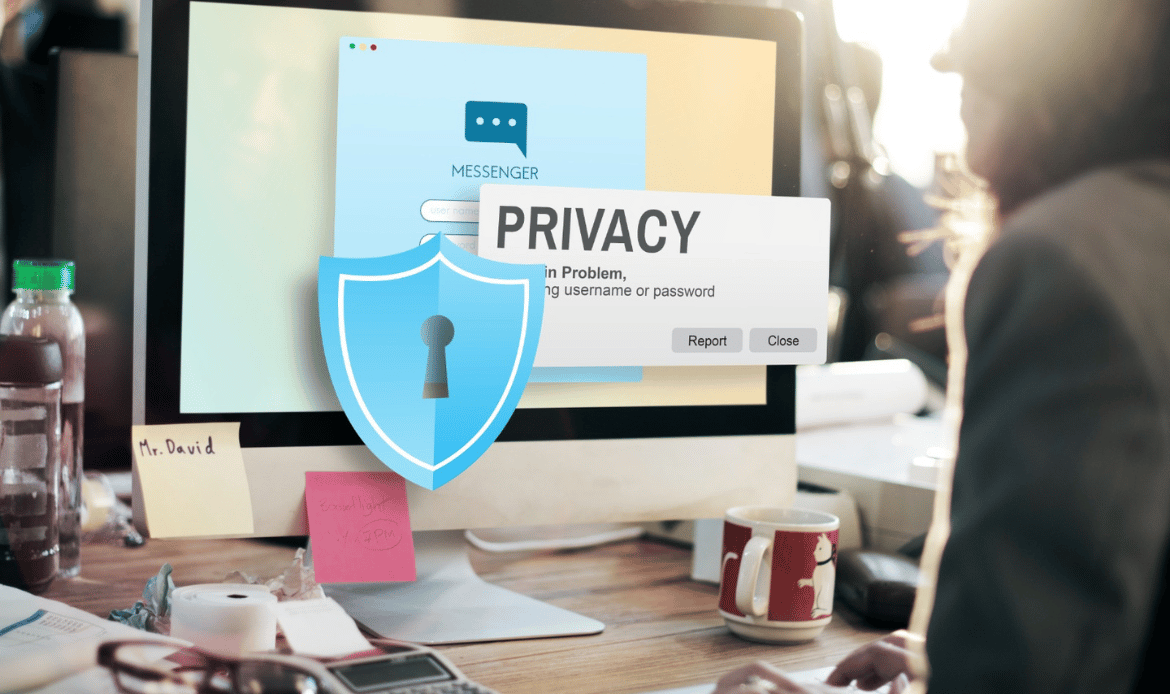Privacy: A Primer
By Samruddhi Chandgude
It is often said that humans are social animals, yet there are certain aspects of
a human life which the individual wants to keep private or share with selected
people of his choice. Such a liberty is known as “privacy”.
The word privacy is derived from the Latin word and concept of ‘privatus’,
which referred to things set apart from what is public; personal and belonging
to oneself, and not to the state. Literally, ‘privatus’ is the past participle of the
Latin verb ‘privere’ meaning ‘to be deprived of’.
In other words privacy is the right to be let alone, or freedom from interference
or intrusion. Information privacy is the right to have some control over how
your personal information is collected and used.
In today’s interconnected world, the concept of privacy has become increasingly
complex and contested. While traditionally understood as the right to be left
alone, privacy in the digital age encompasses a vast landscape of data
collection, usage, and potential misuse.
In India, the right to privacy has evolved over the last 60 years as a result of a
number of judgements. Initially, the Indian Constitution did not explicitly
mention a “right to privacy.” However, the Supreme Court began to recognize it
as an implicit right within other fundamental rights, particularly Article 21
(right to life and personal liberty). In a landmark decision on August 24, 2017,
the Supreme Court of India declared the right to privacy act to be a
fundamental right protected by the Indian Constitution. The Court’s decision,
holding that this right comes from the fundamental right to life and liberty, has
far-reaching consequences.
In 2012, Justice Puttaswamy challenged the Aadhar Scheme in Supreme Court
of India on the very same grounds that the government, by compulsorily
collecting the biometric data of all individuals, will have more power to surveil
the acts of every person. It will create a situation of the surveillance state. He
contended that compulsory collection of biometric data is against the right to
privacy of the person. The Apex Court took almost five years to decide the case,
and finally, in 2017, it held that the right to privacy is a fundamental right, and
in the age of growing technologies, the informational privacy of a person needs
to be protected more efficiently. The right to privacy is not an absolute right,
but nevertheless, it can be restricted only on the basis of due procedure
established by law. The government should ensure the proper mechanism to
protect the personal and biometric data of individuals. It should use the data
only for the purpose for which it is being collected and must refrain from using
it for any surveillance purposes.
Privacy in the digital age is a complex and multifaceted issue. While the
collection and use of personal data offer certain benefits, they also pose
significant risks to our autonomy, freedom, and security. Protecting privacy
requires a collective effort from individuals, businesses, and governments. By
staying informed, advocating for stronger data protection laws, and adopting
privacy-enhancing technologies, we can ensure that our digital lives are not
lived at the expense of our fundamental right to privacy


